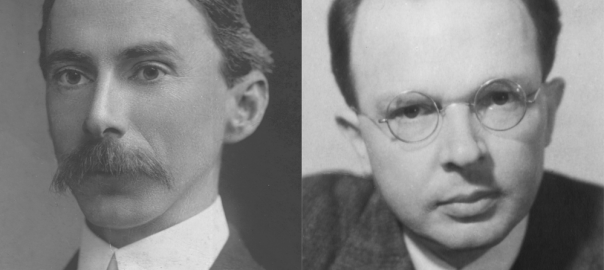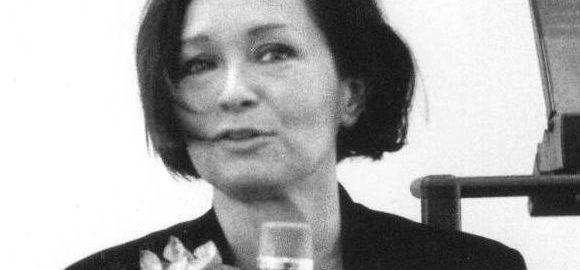The Department of Philosophy at McMaster University invites applications for a Visiting Professorship in Russell and the History of Early Analytic Philosophy for 2017-2018. McMaster University, which houses the Bertrand Russell Archives and the Bertrand Russell Research Centre, is one of the leading centres for research on Russell’s philosophy.
The Visiting Professorships, one of which will be available each year, are intended for established scholars whose research would be benefited by access to the Bertrand Russell Archives for an extended period. They are tenable for either one or two semesters, and involve the obligation to present at least one paper in the Philosophy Department’s Speakers Series and teach one fourth year undergraduate course also open to graduates, preferably on the history of analytic philosophy (although a different topic may be agreed upon with the Chair of the Department of Philosophy), while undertaking research in the Russell Archives. The stipend for teaching the course is up to $16,627.00, depending on rank, in accordance with the standard schedule for overload teaching.
It is expected that successful applicants will be on research leave from their home university during the term of their Visiting Professorship and thus can rely on their regular leave salary for their main financial support.
Review of applications will commence on April 15, 2017.
How to Apply:
Applicants must submit their application through the University’s electronic portal at www.workingatmcmaster.ca/careers/. Please include a CV together with a description of the research you propose to conduct at the Russell Archives.
Queries should be addressed to Dr. Stefan Sciaraffa, Chair, Department of Philosophy at chphilo@mcmaster.ca
To comply with the Government of Canada’s reporting requirements, the University is obliged to gather information about applicants’ status as either Permanent Residents of Canada or Canadian citizens. Applicants need not identify their country of origin or current citizenship, however, all applications must include one of the following statements:
Yes, I am a citizen or permanent resident of Canada
No, I am not a citizen or permanent resident of Canada
All qualified candidates are encouraged to apply. However, Canadian citizens and permanent residents will be given priority for these positions. McMaster University is strongly committed to employment equity within its community and to recruiting a diverse faculty and staff. The University encourages applications from all qualified candidates including women, persons with disabilities, First Nations, Métis and Inuit persons, members of racialized communities and LGBTQ-identified persons. If you require any form of accommodation throughout the recruitment and selection procedure, please contact the Human Resources Service Centre at 905-525-9140 ext. 222-HR (22247).


